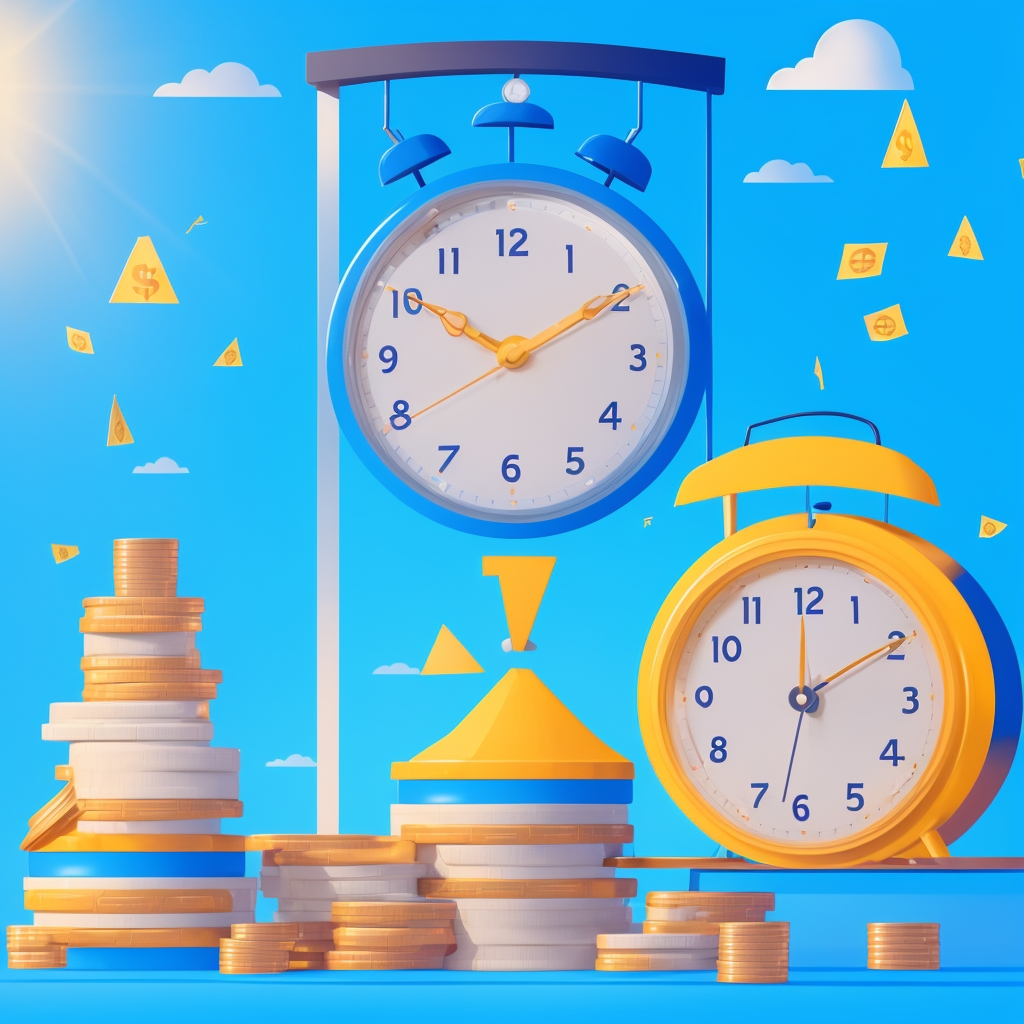When Should You Start Building Your Emergency Fund?
Last month, I watched another financial stability team make the same mistake I made five years ago with When Should You Start Building Your Emergency Fund? It’s genuinely frustrating because it’s so avoidable—if you know what to look for. But let’s be honest, with everything else swirling in our lives, it’s easy to push this crucial task down the priority list. But is that really the best move for your financial well-being?
The Real Problem: Why Timing is Everything
What most people tragically miss is the paramount importance of timing. Starting an emergency fund isn’t just about when you happen to have a little extra cash lying around. No, it’s about proactively creating a robust buffer before you desperately need it. You see, emergencies don’t send a calendar invite, do they? They swoop in unannounced, catching you completely unprepared, and that’s precisely when the stress kicks in, hard. In my experience, this oversight is a surprisingly common pitfall, and it’s something I’ve seen derail countless financial plans.
Here’s the thing though: people often wait until they feel financially ‘comfortable’ to even think about saving for emergencies. But, and this is the kicker, you might never truly feel that way if you keep waiting. Consider this: as of May 2024, a staggering 27% of U.S. adults have no emergency savings at all – the highest percentage since 2020. And it gets tougher: nearly 2 in 5 (37%) Americans couldn’t even afford an unexpected expense over $400. When life throws a curveball, like an unexpected car repair or a sudden medical bill, you’re left scrambling, often resorting to high-interest credit cards. A recent PYMNTS.com study in April 2024 found that 56% of U.S. consumers faced at least one unexpected expense in the last 12 months, costing them, on average, a hefty $5,500. That’s a significant hit for anyone unprepared.
Practical Solutions for Building Your Emergency Fund
So, how do you gracefully sidestep this common trap? Here are a few strategies I’ve personally found incredibly effective and consistently recommend:
- Start Small, Think Big: You absolutely don’t need a massive initial deposit to begin. Even setting aside $10 or $20 a week can grow surprisingly fast. It’s less about the initial sum and more about cultivating a consistent habit. Think of it as building a muscle; consistency is your key to strength.
- Automate Your Savings: This is, hands down, one of the most powerful tools in your arsenal. Set up automatic transfers from your checking account to a dedicated emergency savings account right after you get paid. Out of sight, out of mind—and it grows steadily without you having to actively think about it.
- Prioritize and Adjust: If you’re currently wrestling with high-interest debt, it’s a balancing act. While tackling that debt is crucial, allocate a small, manageable amount to your emergency fund simultaneously. Financial experts often suggest having at least a small “starter” emergency fund (e.g., $1,000) even while paying down debt, before aggressively tackling larger savings goals. You’ll find it’s a manageable compromise that provides crucial psychological comfort.
- Use Windfalls Wisely: Did you get a bonus at work, a tax refund, or even an unexpected gift? It’s incredibly tempting to splurge, but future you will be immensely thankful if you consider putting a significant portion—or even all of it—into your emergency fund. It’s foresight that truly pays off.
By the way, what’s interesting is how many people find gamifying their savings helps. There are numerous apps and platforms designed to turn saving into a fun challenge, providing motivation and making the process genuinely enjoyable. Imagine hitting “levels” as your savings grow, or competing with friends to reach financial milestones. It’s a quirky approach, yes, but it might just be the spark you need to stay motivated.
What I’d Do Next: Make it Personal
Personally, I wholeheartedly recommend making your emergency fund an integral part of your financial identity. Think of it less as a chore and more as a vital form of self-care, much like eating well or getting enough exercise. It’s not just about accumulating money; it’s profoundly about cultivating peace of mind. In the long run, you’ll discover it’s worth every single penny saved, offering a quiet confidence that few other financial habits can.
If you’re wondering exactly where to start, take a frank, honest look at your current financial situation. Sketch out a flexible plan that genuinely considers your unique circumstances. Are you in a stable job with predictable income, or is your work more seasonal? Do you have dependents relying on you, or are you flying solo? These critical factors should absolutely influence how much you realistically aim to save, as everyone’s “emergency” looks a little different.
What I find truly fascinating is the transformative power an emergency fund has on your entire financial outlook. Once you’ve got one in place, financial decisions become remarkably easier. You’re no longer constantly worried about the dreaded ‘what-ifs,’ or how a sudden car repair might completely derail your budget. Instead, you can confidently focus on growth, on investing, and on achieving your bigger financial dreams, knowing you have a robust, reliable safety net beneath you.
Conclusion
So, when should you start building your emergency fund? The answer is unequivocally: the sooner, the better. Don’t wait for that elusive “perfect moment”—because, frustratingly, it rarely arrives. Start small, stay incredibly consistent, and watch your fund grow, steadily and surely. You’ll genuinely thank yourself when life’s inevitable uncertainties come knocking, because you’ll be ready.
Remember, true financial stability isn’t a fixed destination; it’s a dynamic, ongoing journey. And your emergency fund? It’s not just money; it’s your essential, non-negotiable travel insurance for that journey.
Tags: Financial Stability, Emergency Fund, Personal Finance, Savings Strategy, Financial Planning







